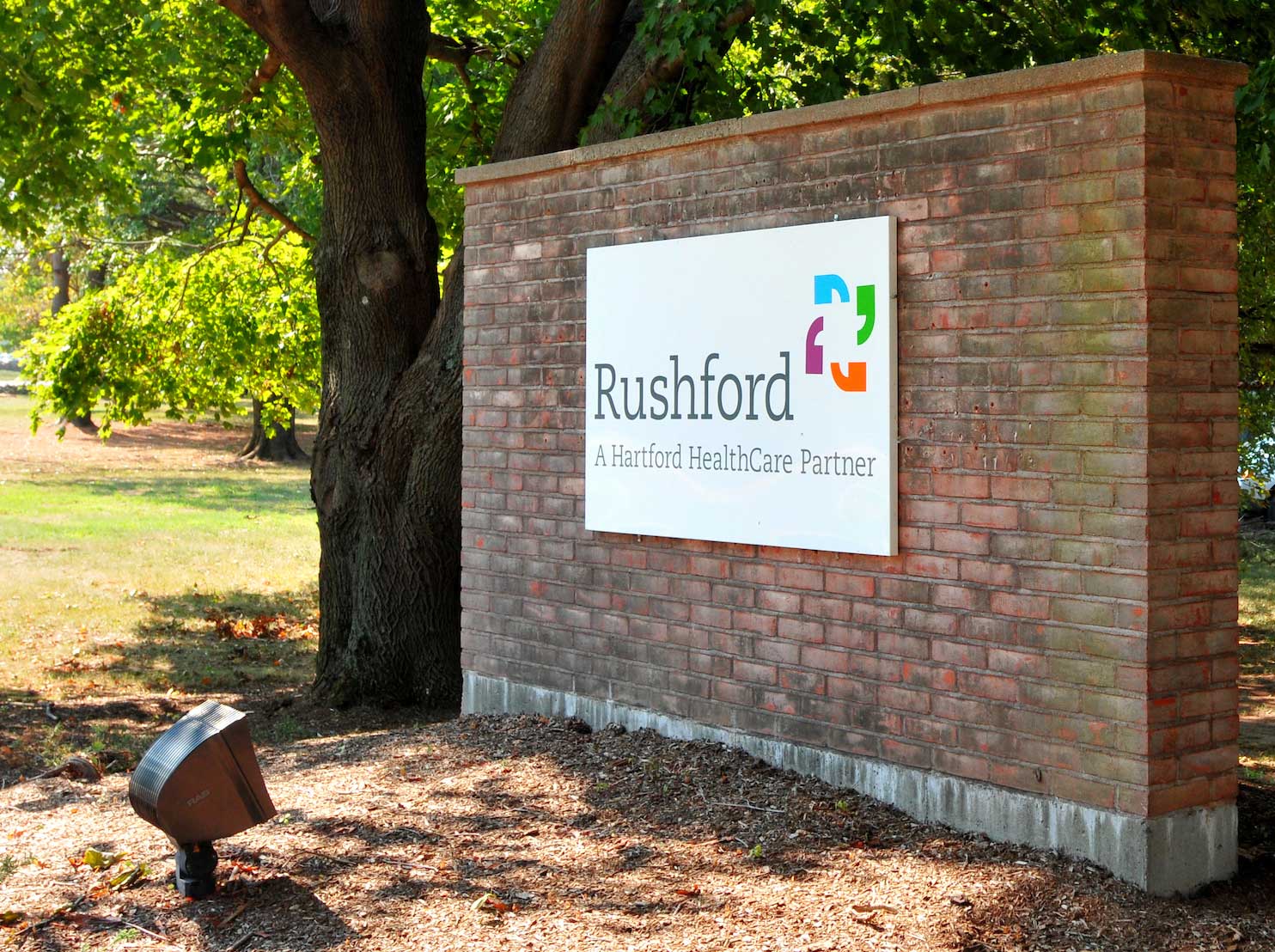Dr. Samuel Silverman, director of medical education and the Rushford Addiction Medicine Fellowship, announced the program recently earned Accreditation Council for Graduate Medical Education accreditation, the final step in bringing national recognition to local efforts to elevate addiction medicine as a subspecialty in American medicine.
Once a field has American Board of Medical Specialties approval, fellowships need to be established to train physicians who have completed residencies in other fields. Rushford has had an Addiction Medicine Fellowship since 2013. This past month, it was one of the first Addiction Medicine Fellowships approved nationally by ACGME. Locally, it becomes the third ACGME-approved fellowship as part of the Hartford HealthCare/ Institute of Living’s Psychiatric Residency Training Program.
“This is a huge honor for our program and a jewel in the cap of Hartford HealthCare and the Behavioral Health Network,” Dr. Silverman said, noting that the Rushford’s Addiction Medicine Fellowship is one of only two in the state. Rushford shares combined resources with the other program at Yale.
According to Dr. Silverman, the advancement of Addiction Medicine is due to the medical establishment’s acceptance of addiction as a disease and recognizing the need to properly train physicians to help those with addictive disorders.
“Typically, most medical schools spend five hours on average teaching addiction medicine,” he says. “We are using our fellowship as a ‘Center of Excellence,’ teaching fellows as well as residents and medical students how to recognize and treat addictive disorders with evidence-based medicine.”
The program is located on Rushford’s Middletown campus. Fellows also have multiple opportunities within Hartford HealthCare to enrich their education. The yearlong opportunity provides advanced training in the evaluation and treatment of patients with substance use disorders. Rushford has inpatient detoxification and residential treatment beds as well as outpatient programs and MATCH clinics (Medication Assisted Treatment Close to Home) in urban and suburban settings for adults and adolescents.
“It’s a common disease, but not a common fellowship,” Dr. Silverman adds.
To learn more about the Hartford HealthCare Addiction Medicine Program, click here.

